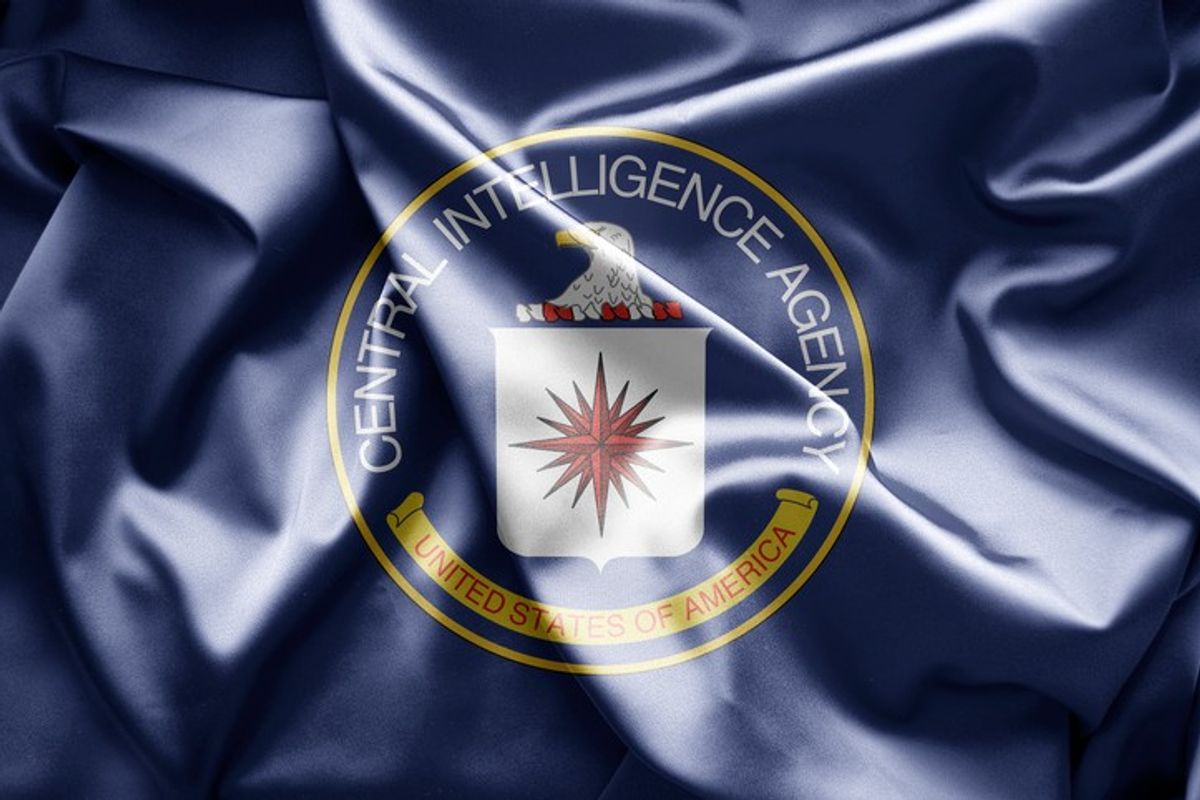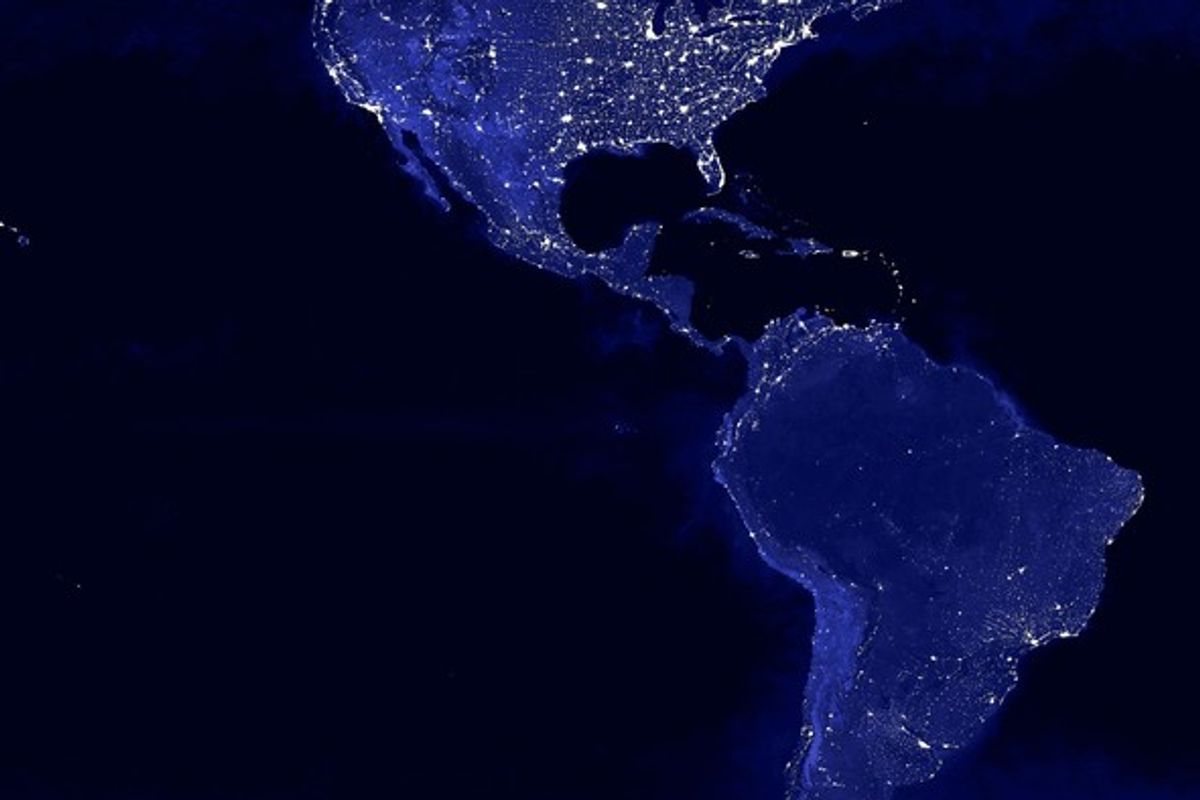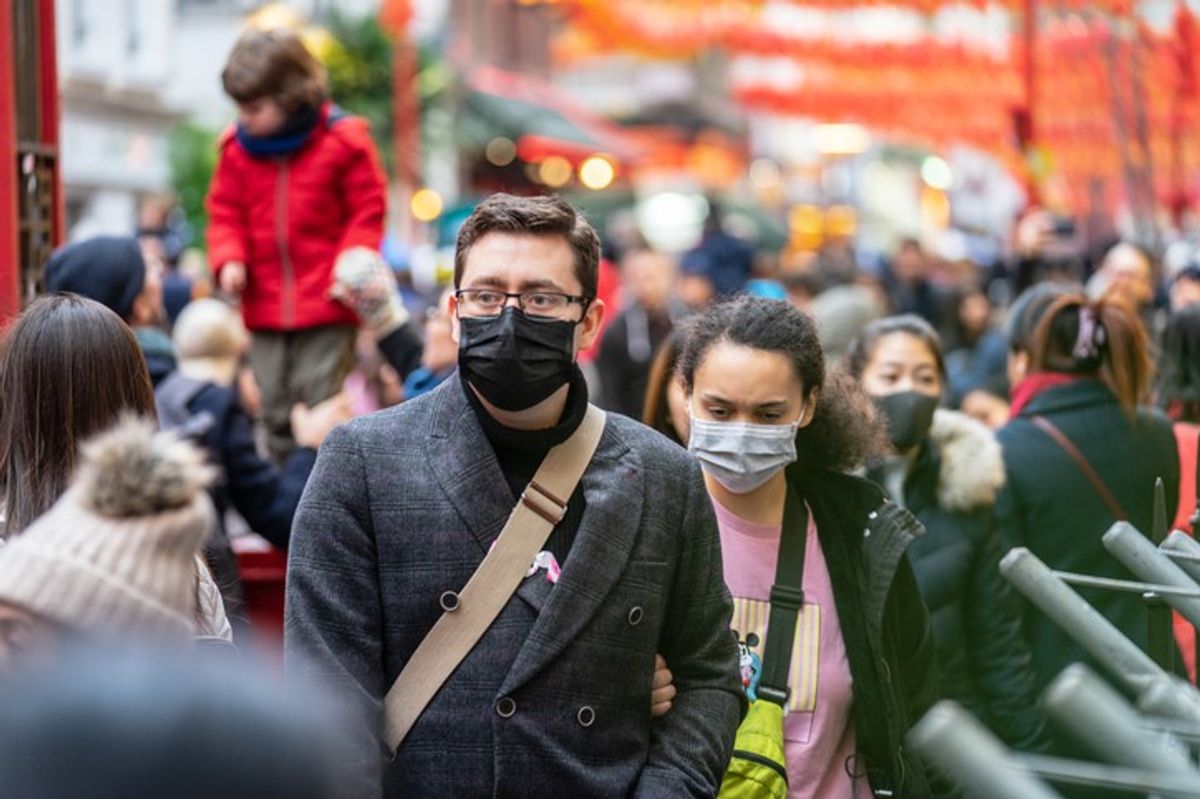President Rodrigo Duterte’s first hundred days will be some of the most critical for his vision of radical change. Over that period, Duterte demonstrated strong resolve over his priorities, with a highly publicized peace and order campaign at the top of his agenda. The shift to a federal-parliamentary form of government, as emphasized during his campaign, will likely be the next effort in the new year.
Peace and Order
The Duterte administration has thus far made the anti-drug campaign the centerpiece of its leadership. The government estimates there are 3.7 million people addicted to drugs in the Philippines.
Revitalized police operations against the illegal drug trade have resulted in the surrender, according to the Philippine National Police, of over 700,000 individuals nationwide. To facilitate rehabilitation, Duterte promised to build additional rehabilitation centers.
According to police figures, there also had been over 1,700 incidents of vigilante killings between July 1 and September 8. Duterte’s apparent encouragement of vigilantes, as well as perceived zealousness of police forces, precipitated critical comments from the Filipino political elite, religious groups, and foreign governments—Duterte returned these comments with harsh words of his own.
Over a series of remarks, Duterte personally implicated military and civilian officials in the illegal drug trade. His party, which has a majority in both houses of Congress, has also launched investigations on drug-related matters.
Beyond the drug war, Duterte turned his sights to the Abu Sayyaf Group (ASG), which carried out a series of kidnappings. The military applied pressure on the group, mobilizing 7,000 troops to surround the ASG’s home island of Basilan. Although the government has a no-ransom policy, some hostages were released following alleged payments from relatives, or in one instance, a side deal brokered by Moro National Liberation Front (MNLF) leader Nur Misuari—reportedly a friend of Duterte.
On September 2, a bombing in Davao City, the president’s home turf, killed 14 and wounded 70 other people. The president proclaimed the country was under a “state of lawless violence,” calling on the military to assist the police.
Duterte declared a unilateral ceasefire with the New People’s Army and resumed peace talks with the National Democratic Front in Oslo and Manila. The Moro Islamic Liberation Front, the government’s previous negotiating partner, and the MNLF are both included in negotiations over a new agreement.
Transparent and Responsive Government
Prior to his first State of the Nation address, the president signed an Executive Order on Freedom of Information. Government agencies have submitted a list of 166 exceptions, which have not yet been made public. In line with the same anti-corruption drive, the government has begun to implement an 8888 anti-corruption hotline.
Duterte vowed to address bureaucratic bottlenecks by replicating the Davao model nationwide—reducing processing times for permits and licenses to the bare minimum. For its part, the Department of Environment and Natural Resources embarked on a crusade to audit the country’s mining firms and suspend those which fail to comply with safety and environmental standards. By the end of September, the DENR had ordered several mines to shut operations.
The president committed to improving national roads and railways and developing new logistics networks and transit systems. The Department of Budget and Management announced a new hybrid form of Public-Private Partnership, wherein the government would build infrastructure while a private firm would perform maintenance. The Department of Transportation requested Congress to pass legislation according the department emergency powers to speed up procurement and consolidating all traffic-related powers to the department.
The Economy and Inclusive Growth
The administration intends to provide continuity of the Aquino administration’s vaunted macroeconomic policies and honor the contracts made by the previous government. Duterte appointed business-minded technocrats to key Cabinet posts, balancing his appointment of some left-leaning leaders.
The Finance Department put together a tax package that will lower the maximum personal and corporate income tax rates to 25 percent, restructure tax brackets, and raise excise taxes on some materials. For its part, the Department of Budget and Management will retain the previous allocation of Php54.9 billion for the government’s conditional cash transfer program, which provides additional incomes for over four million households.
In agriculture, Duterte promised to provide free irrigation and establish modern harvest/postharvest facilities to minimize losses. The president also vowed to enforce fisheries laws and promote small-scale and backyard aquaculture.
Duterte has advocated for some progressive policies, including the Responsible Parenthood and Reproductive Health Law. To him, this effort is aimed at empowering Filipino families to choose their preferred number and spacing of children. Labor policy is also under review, as the Labor department is set to interpret the law on labor contractualization, which would serve as the basis for potentially ending the practice nationwide.
Conclusion
It has been a busy one hundred days in the new administration. President Duterte has given his supporters hope that change is at hand for the country. Despite his controversies, his approval ratings have barely budged. However, for the government to sustain its agenda, it will need to emphasize its progressive policies and minimize statements that alienate supporters at home and abroad. Finally, and just as importantly, the administration should take care to ensure that its move-fast attitude does not overlook the need for institutional reforms in favor of personality-centered politics.













